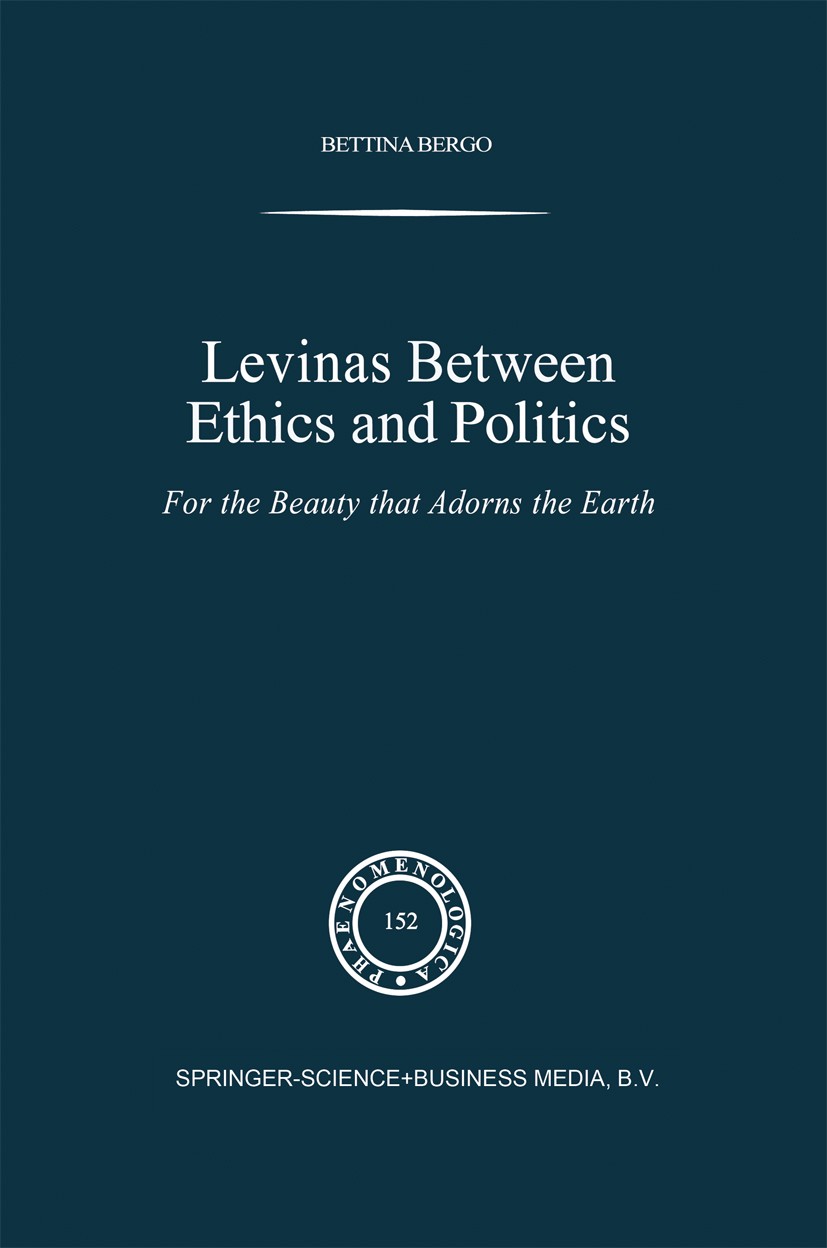| 书目名称 | Levinas between Ethics and Politics | | 副标题 | For the Beauty that | | 编辑 | Bettina Bergo | | 视频video | http://file.papertrans.cn/586/585419/585419.mp4 | | 丛书名称 | Phaenomenologica | | 图书封面 |  | | 描述 | The act of thought-thought as an act-would precede the thought thinking or becoming conscious of an act. The notion of act involves a violence essentially: the violence of transitivity, lacking in the transcendence of thought. . . Totality and Infinity The work of Emmanuel Levinas revolves around two preoccupations. First, his philosophical project can be described as the construction of a formal ethics, grounded upon the transcendence of the other human being and a subject‘s spontaneous responsibility toward that other. Second, Levinas has written extensively on, and as a member of, the cultural and textual life of Judaism. These two concerns are intertwined. Their relation, however, is one of considerable complexity. Levinas‘ philosophical project stems directly from his situation as a Jewish thinker in the twentieth century and takes its particular form from his study of the Torah and the Talmud. It is, indeed, a hermeneutics of biblical experience. If inspired by Judaism, Levinas‘ ethics are not eo ipso confessional. What his ethics takes from Judaism, rather, is a particular way of conceiving transcendence and the other human being. It owes to the philosophy of Franz Rosenzwei | | 出版日期 | Book 1999 | | 关键词 | Emmanuel Lévinas; ethics; metaphysics; phenomenology; politics | | 版次 | 1 | | doi | https://doi.org/10.1007/978-94-017-2077-9 | | isbn_softcover | 978-90-481-5214-8 | | isbn_ebook | 978-94-017-2077-9Series ISSN 0079-1350 Series E-ISSN 2215-0331 | | issn_series | 0079-1350 | | copyright | Springer Science+Business Media Dordrecht 1999 |
The information of publication is updating

|
|
 |Archiver|手机版|小黑屋|
派博传思国际
( 京公网安备110108008328)
GMT+8, 2026-1-20 03:01
|Archiver|手机版|小黑屋|
派博传思国际
( 京公网安备110108008328)
GMT+8, 2026-1-20 03:01


